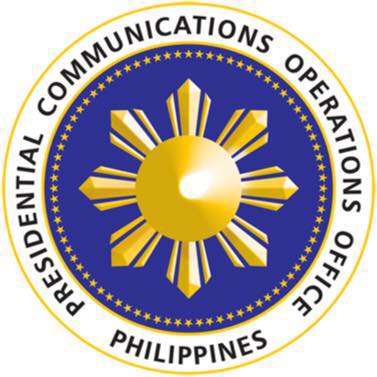Breaking
PCOO mulls accreditation policy for bloggers, social media practitioners

The Presidential Communications Operations Office (PCOO) is looking to establish an accreditation policy for bloggers and social media personalities to promote responsible use of the platform and dissemination of reliable and truthful information. (Photo: Presidential Communications (Government of the Philippines)/Facebook)
MANILA—The Presidential Communications Operations Office (PCOO) is looking to establish an accreditation policy for bloggers and social media personalities to promote responsible use of the platform and dissemination of reliable and truthful information.
During the #AllMediaPH town hall forum in Quezon City on Thursday, PCOO Assistant Secretary Christian Ablan presented the agency’s draft policy, which sets rules on the accreditation of social media users and publishers who wish to cover Malacañang events.
The move comes after President Rodrigo Duterte gave the green light for bloggers and social media personalities to attend Palace press briefings and other related activities in a meeting last week.
Social media publishers who wish to apply for accreditation must be at least 18 years old and above for individuals while groups, partnerships or corporations must be registered with the Securities and Exchange Commission or the Department of Trade and Industry.
Applicants must have an accessible social media page, blog or website whose purpose is to disseminate original news and/or opinion of interest, with at least 1,000 followers or subscribers and has published regularly and consistently for one year.
The applicant’s publications must be independent from any government-affiliated institution or organization.
Applicants must also not be involved in prosecuting any claim against the government.
Applications may be filed at the Social Media Office to be created by the PCOO and shall be processed within 10 working days. The accreditation will be valid for six months.
When asked if there will be a payment for the accreditation, Ablan said the procedure is free of charge.
“Accreditation is free and voluntary. We will not collect any fees,” Ablan noted.
Accredited social media publishers will be granted access to PCOO events and activities, such as press briefings and interviews while accredited social media users will be included in the agency’s “participatory social media programs” and other related activities.
Ablan said the move seeks to curb the prevalence of fake news and ‘trolls’ online.
“PCOO accreditation means information being shared (by a social media page or blog) is real news. It’s a way to dissuade people from trolling,” he noted.
Meanwhile, accredited blogs or pages who continue to share fake news may lose their accreditation, according to the PCOO official.
At the end of the program, an online poll question “Should the government implement a policy that will accredit social media publishers to cover Malacañang events?” yielded 14,669 ‘Yes’ votes and 241 ‘No’ votes.
In his keynote speech at the event, PCOO Secretary Martin Andanar recognized the role of bloggers and social media platforms in disseminating information and forming public opinion, adding that the move seeks to task all forms of media to deliver real news for the welfare of the public.
The forum was attended by representatives of the mainstream media, communication, and public relations personalities and various interest groups and industry stakeholders, which include the academe, students, bloggers, mainstream media, and those in the legal profession.
The event was broadcast live via People’s Television Network (PTV 4), Philippine Broadcasting Service (PBS-Radyo ng Bayan) and via live streaming through the PCOO Facebook page and Radio TV Malacañang Youtube channel.





















